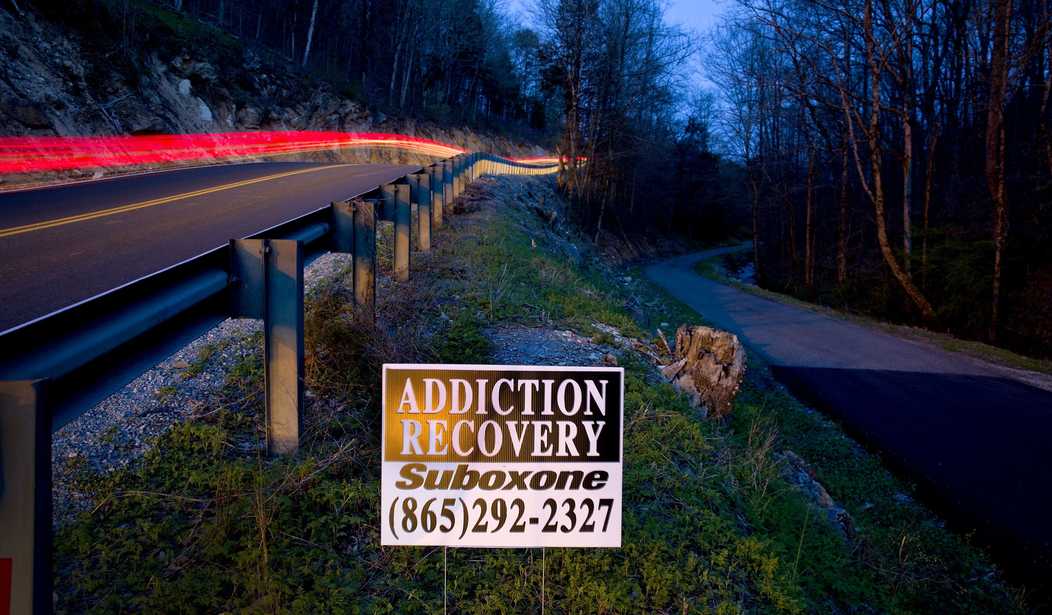It’s a public health crisis that kills hundreds of people every day. There are effective treatments that could bring down the death toll, but many doctors and patients aren’t using them.
No, it’s not COVID-19. The tragedy of opioid OD’s is that there are drugs that can treat addiction but their use is being resisted by some doctors and patients, usually out of ignorance or bias.
According to the CDC, more than 100,000 people die from overdoses every year — most of them from opioids. That’s higher than the toll from gun and car crash deaths combined. And the tragedy is that drugs like buprenorphine and methadone could drastically cut that OD number by allowing more doctors to prescribe it, and even making buprenorphine available without a prescription.
It might be instructive to examine the experience of France in the 1980s and 90s. The French had their own opioid crisis then, but when, In 1995, French officials deregulated buprenorphine so more doctors could prescribe it, overdose deaths fell 79% over four years.
Related: Former FBI Agent: A Law Enforcement ‘Shift’ Is Needed to End the Opioid Crisis
The problem is that our healthcare system is resistant to addiction treatment.
Treatment can be very expensive, and it’s often not covered by insurance. Addiction doctors have complained to me that they can spend hours of their workday on the phone with insurers asking them to pay for a medication, and sometimes insurers say no anyway. Patients have shared similar experiences.
The federal government has sometimes exacerbated the problem. Until last year, doctors had to go through special training and obtain a waiver to be able to prescribe buprenorphine, the medication for opioid addiction. At the same time, federal officials have failed to enforce laws requiring that insurers cover addiction treatment.
The bottom line is that it’s easier to get high in America than it is to get help.
Some doctors hold stigmatizing views about addiction and the patients afflicted by it, and refuse to provide treatment. Many doctors say they lack the confidence to treat addiction because they don’t have enough training or access to specialists who can help guide them. Drug users can also resist treatment. Some think of medications for addiction as merely replacing one drug with another, though experts reject that framing because the medications replace drugs that do harm with drugs that can help.
The Times posits that the reason for the bias on the part of doctors against effective addiction treatments is that the U.S. healthcare system isn’t nationalized. That’s nonsense, of course. The problem from where I’m sitting is that laws already on the books that require insurers to cover addiction treatment aren’t being enforced, and that some doctors ignore the underlying reasons for addiction and fail to treat their patients properly.
There is currently an argument underway between those who believe addiction is a disease and those who don’t. Whether it’s a “condition” or a “brain disease” is immaterial to the problems of overdoses. There are drugs that are successful in treating addiction — drugs that should be more widely available and prescribed by more doctors.
Does it really matter why they work?










Join the conversation as a VIP Member